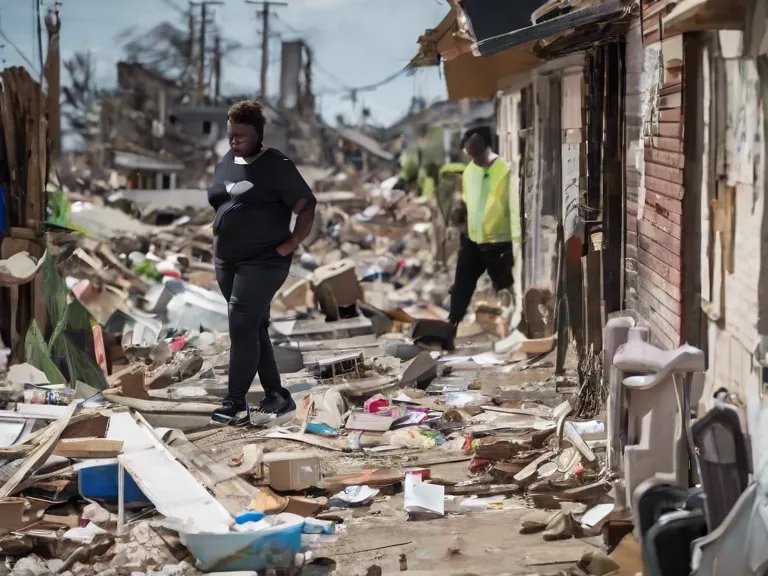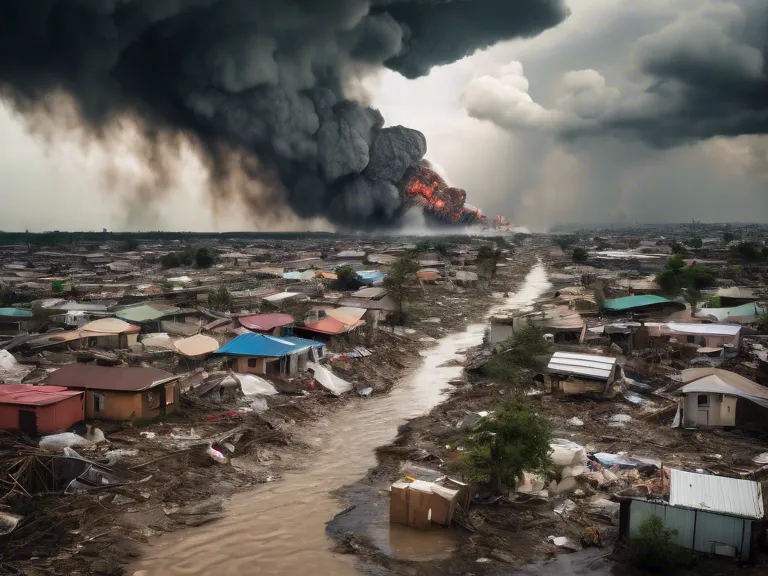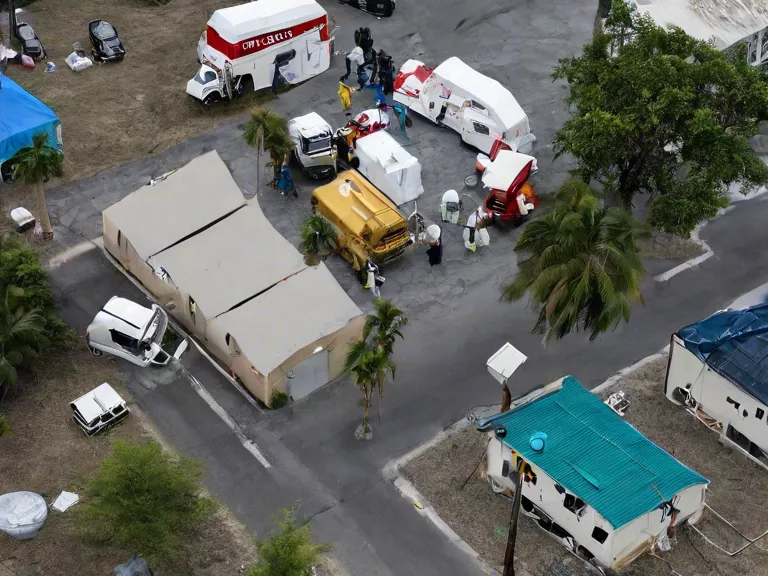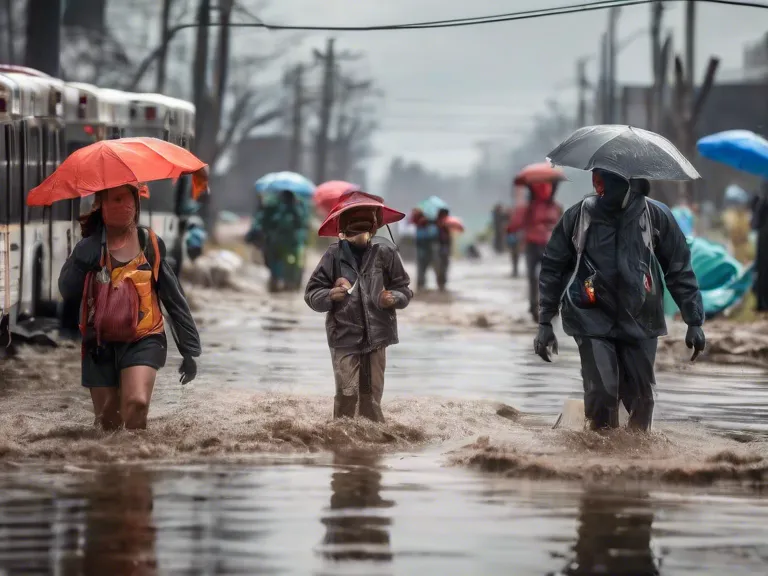
In times of disaster, mental health can deteriorate rapidly within communities. This article explores the importance of supporting mental health in the aftermath of a crisis and offers strategies for providing effective support to affected individuals.
Disasters, whether natural or man-made, can have a profound impact on the mental health of individuals within a community. The stress, trauma, and grief that follow a disaster can overwhelm even the most resilient individuals, leading to a range of mental health issues such as anxiety, depression, and PTSD. In order to support communities post-disaster, it is essential to prioritize mental health care and ensure that individuals have access to the resources they need to heal and recover.
One key strategy for supporting mental health post-disaster is to provide immediate crisis counseling and psychological first aid to individuals in crisis. This can help individuals process their emotions, reduce feelings of isolation, and prevent more serious mental health issues from developing. Additionally, connecting individuals with mental health professionals and support groups can provide ongoing care and assistance as they navigate the challenges of rebuilding their lives.
Another important aspect of supporting mental health post-disaster is to address the systemic issues that can contribute to poor mental health outcomes. This may include advocating for policy changes that improve access to mental health care, addressing the social determinants of mental health, and working to reduce stigma around mental illness. By taking a holistic approach to mental health, communities can create a supportive environment that promotes healing and resilience.
In conclusion, mental health in crisis situations is a complex and multifaceted issue that requires a comprehensive response. By prioritizing mental health care, providing immediate support to individuals in crisis, and addressing systemic issues that contribute to poor mental health outcomes, communities can support the mental well-being of their residents in the aftermath of a disaster.



